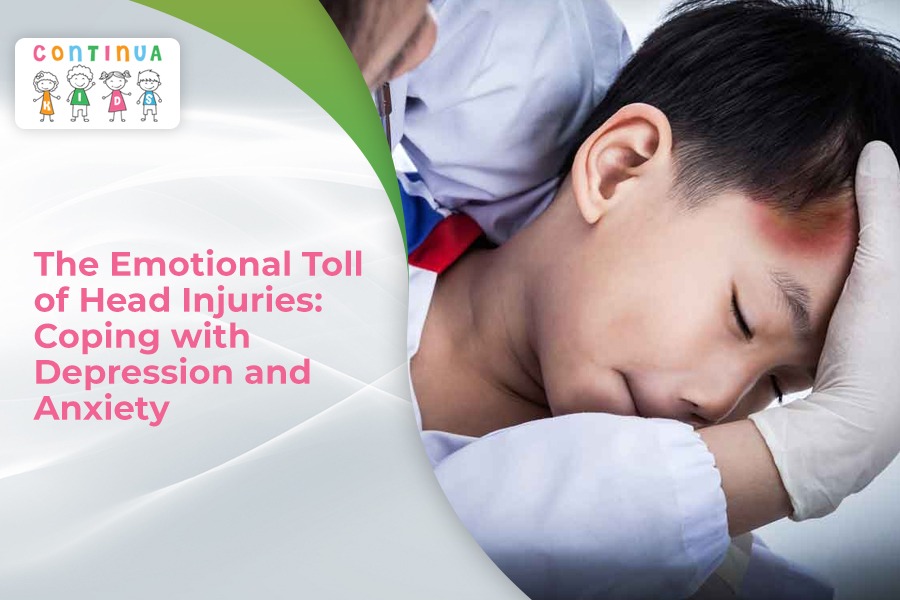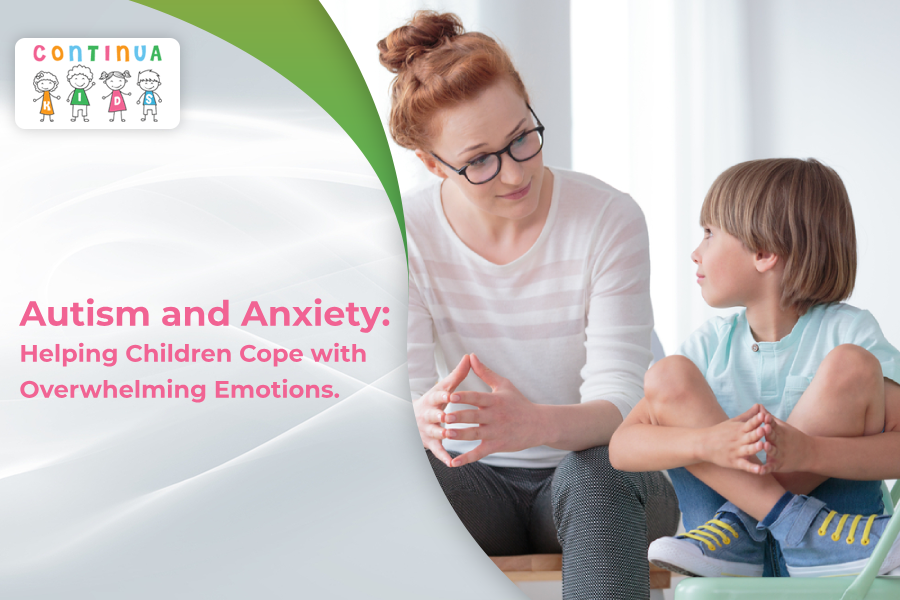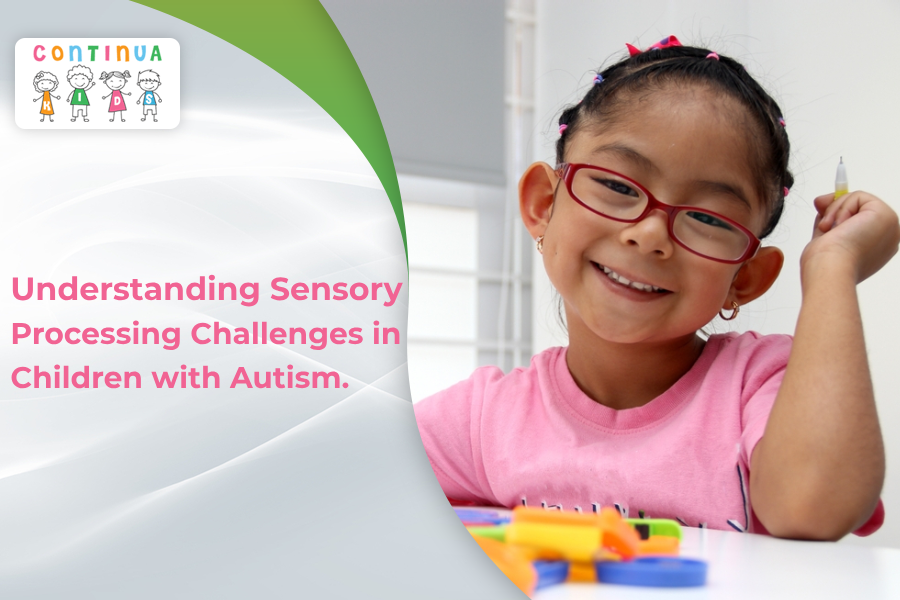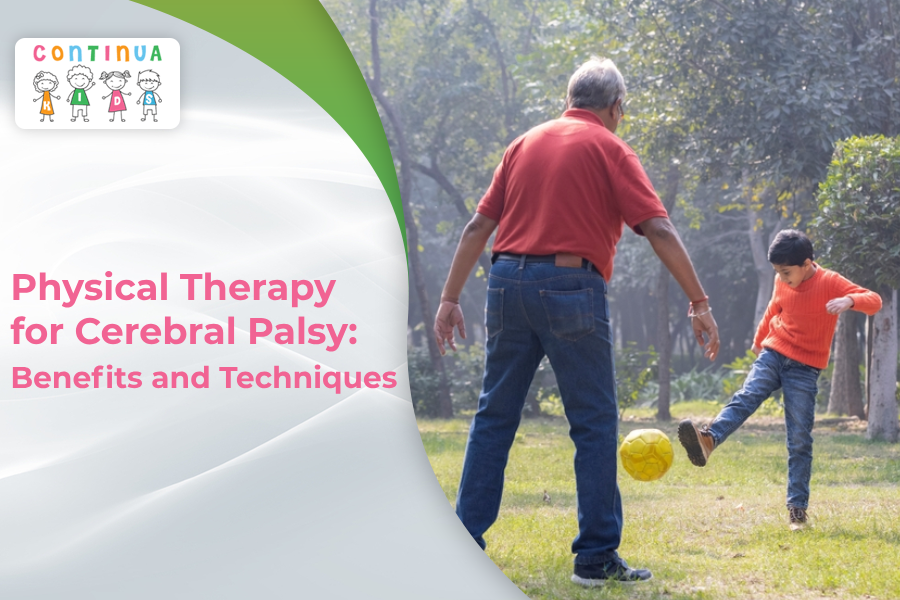Depression and anxiety are common emotional responses to head injuries. These feelings can arise due to changes in brain chemistry, physical limitations, and the impact of the injury on daily life. Coping with these emotions requires a multifaceted approach that includes physical rehabilitation, mental health support, and self-care.
Physical rehabilitation is an important aspect of coping with the emotional toll of head injuries. This may involve physical therapy, occupational therapy, and other treatments to help the brain and body recover. By working with a healthcare professional, patients can set realistic goals and develop a plan for recovery that addresses both physical and emotional needs.
Mental health support is also critical for coping with depression and anxiety after a head injury. This may involve therapy, counseling, or other forms of support to help patients process their emotions and develop coping strategies. It is important to seek out a mental health professional who has experience working with individuals who have experienced a head injury, as they will be better equipped to understand the unique challenges faced by these patients.
Self-care is another key component of coping with the emotional toll of head injuries. This can include activities such as meditation, journaling, spending time in nature, or engaging in creative pursuits. Self-care can help patients manage stress, reduce anxiety, and improve their overall sense of well-being.
In addition to these strategies, there are several other steps that patients can take to cope with depression and anxiety after a head injury. These include:
- Building a support network of family and friends who can provide emotional support and encouragement throughout the recovery process.
- Setting realistic goals for recovery and celebrating progress along the way.
- Engaging in activities that bring joy and a sense of purpose, such as volunteering, joining a support group, or pursuing a hobby.
- Learning to manage stress through techniques such as deep breathing, progressive muscle relaxation, or guided imagery.
- Being patient with oneself and accepting that healing takes time.
It is important to remember that recovery from a head injury is a journey, and that each person\’s experience is unique. Coping with the emotional toll of head injuries can be challenging, but with the right support and strategies in place, it is possible to heal both physically and emotionally.
At Continua Kids, we understand the importance of providing comprehensive care to children and adolescents who have experienced a head injury. Our team of healthcare professionals includes specialists in physical therapy, occupational therapy, and mental health support, all of whom work together to provide individualized care that addresses the unique needs of each patient.
If you or a loved one is coping with depression and anxiety after a head injury, we encourage you to reach out to our team at Continua Kids. Our goal is to help each patient achieve their fullest potential and live a fulfilling life after injury.




